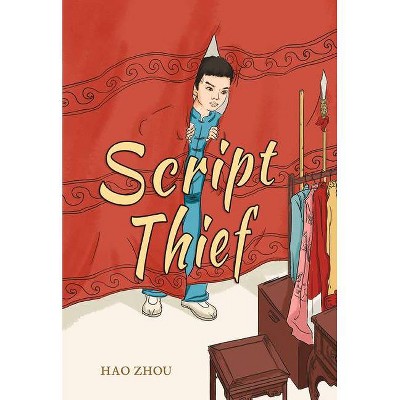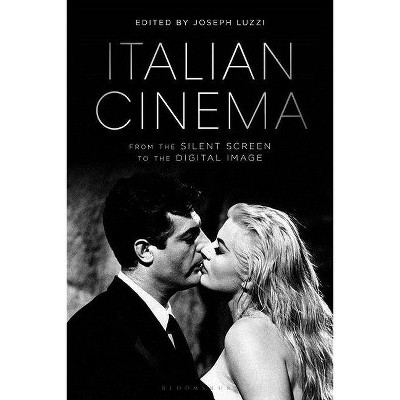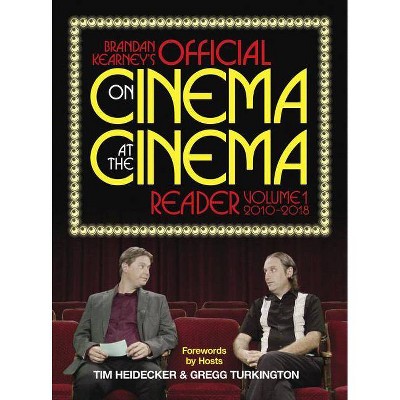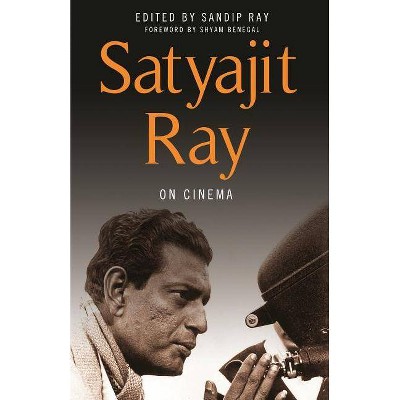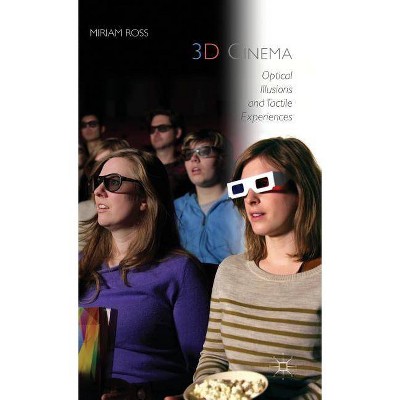Cinema Off Screen - by Chenshu Zhou (Hardcover)
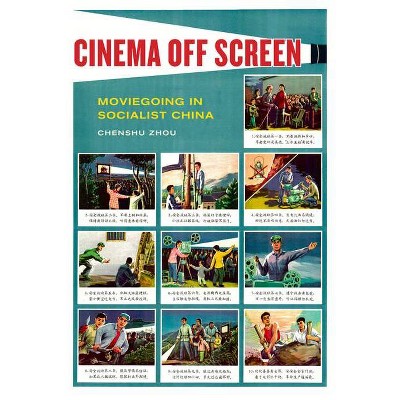
Similar Products
Products of same category from the store
AllProduct info
<p/><br></br><p><b> About the Book </b></p></br></br>"At a time when what it means to watch movies keeps changing, this book offers a case study that rethinks the institutional, ideological, and cultural role of film exhibition, demonstrating that film exhibition can produce meaning in itself apart from the films being shown. Cinema Off Screen elaborates on the idea that cinema takes place off screen as much as on screen by exploring film exhibition in China from the founding of the People's Republic in 1949 to the end of the Cold War in the early 1990s. Drawing on original archival research, interviews, and audience recollections, Cinema Off Screen decenters the filmic text and offers a study of institutional operations and lived experiences. Chenshu Zhou details how screening space, media technology, and the human body mediate encounters with cinema in ways that have not been fully recognized, opening new conceptual avenues for rethinking the ever-changing institution of cinema"--<p/><br></br><p><b> Book Synopsis </b></p></br></br>At a time when what it means to watch movies keeps changing, this book offers a case study that rethinks the institutional, ideological, and cultural role of film exhibition, demonstrating that film exhibition can produce meaning in itself apart from the films being shown. <i>Cinema Off Screen</i> advances the idea that cinema takes place off screen as much as on screen by exploring film exhibition in China from the founding of the People's Republic in 1949 to the end of the Cold War in the early 1990s. Drawing on original archival research, interviews, and audience recollections, <i>Cinema Off Screen</i> decenters the filmic text and offers a study of institutional operations and lived experiences. Chenshu Zhou details how the screening space, media technology, and the human body mediate encounters with cinema in ways that have not been fully recognized, opening new conceptual avenues for rethinking the ever-changing institution of cinema.<p/><br></br><p><b> From the Back Cover </b></p></br></br>"By digging into a deep and varied archive, in which political guidelines, film criticism, grassroots comments, and personal memories merge, Chenshu Zhou unearths the almost-forgotten film exhibition practices of Mao's China. Movies were not the only point of attraction for filmgoers: other, often elusive elements also shaped the filmic experience. Hence a clear challenge to Western ideas of spectatorship. A book that combines the pleasure of a detective story and the rigor of a theoretical essay."--Francesco Casetti, author of <i>The Lumière Galaxy: Seven Key Words for the Cinema to Come</i> <p/> "In this highly engaging and well-crafted book, the author achieves not only a better understanding of the post-1949 Chinese film experience but also a new way of understanding the very definition of film itself."--Emily Wilcox, author of <i>Revolutionary Bodies: Chinese Dance and the Socialist Legacy</i><p/><br></br><p><b> About the Author </b></p></br></br><b>Chenshu Zhou</b> is Assistant Professor of Cinema Studies at the University of Pennsylvania.
Price History
Price Archive shows prices from various stores, lets you see history and find the cheapest. There is no actual sale on the website. For all support, inquiry and suggestion messagescommunication@pricearchive.us


